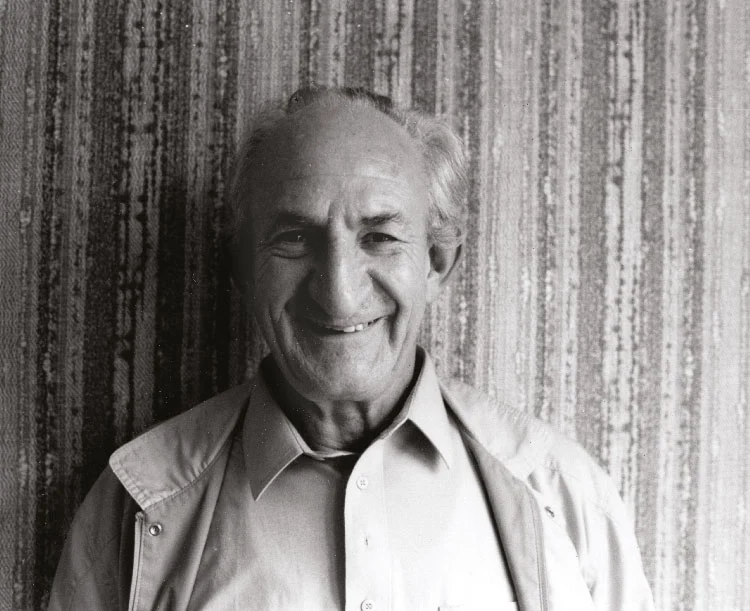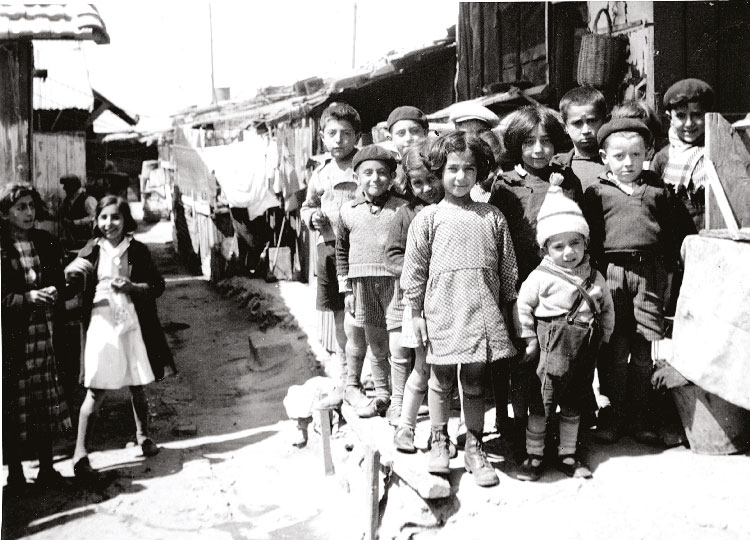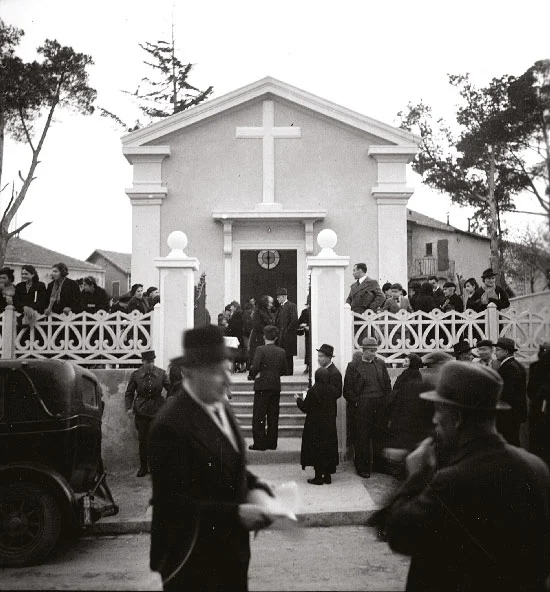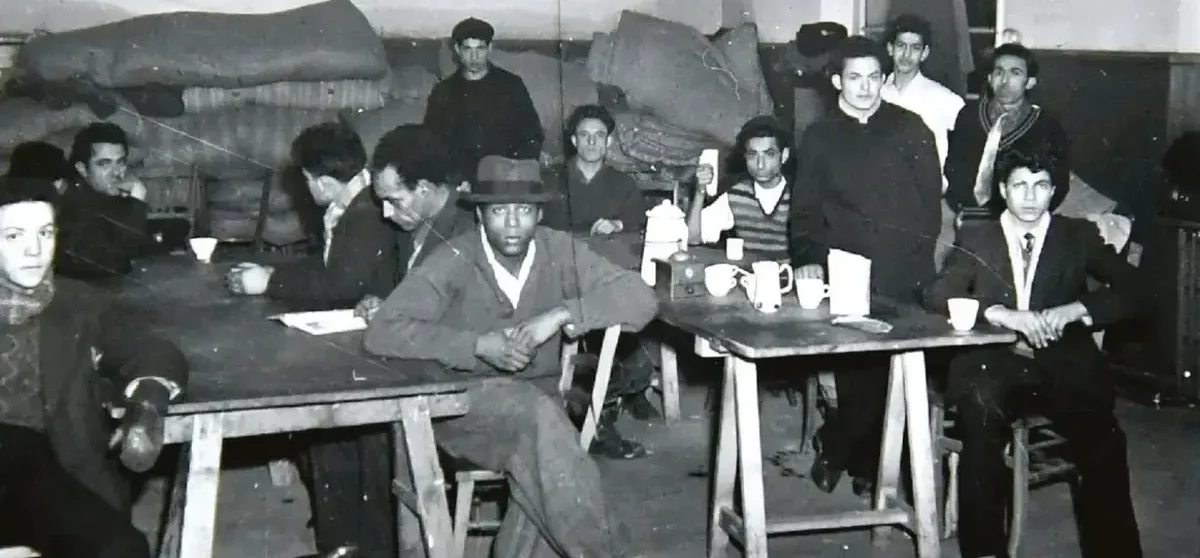When Pastor Brès retired in 1988, the situation changed completely: the population of North African origin was quite well integrated. The new challenge that then occured was at the level of interreligious dialogue. AFNA became the « Protestant Service for Relations with Islam« . The ACO was in charge of this important work until the years following 2000 when the Protestant Churches of Alsace and Lorraine took it over themselves.
Pastor Paul Brès



